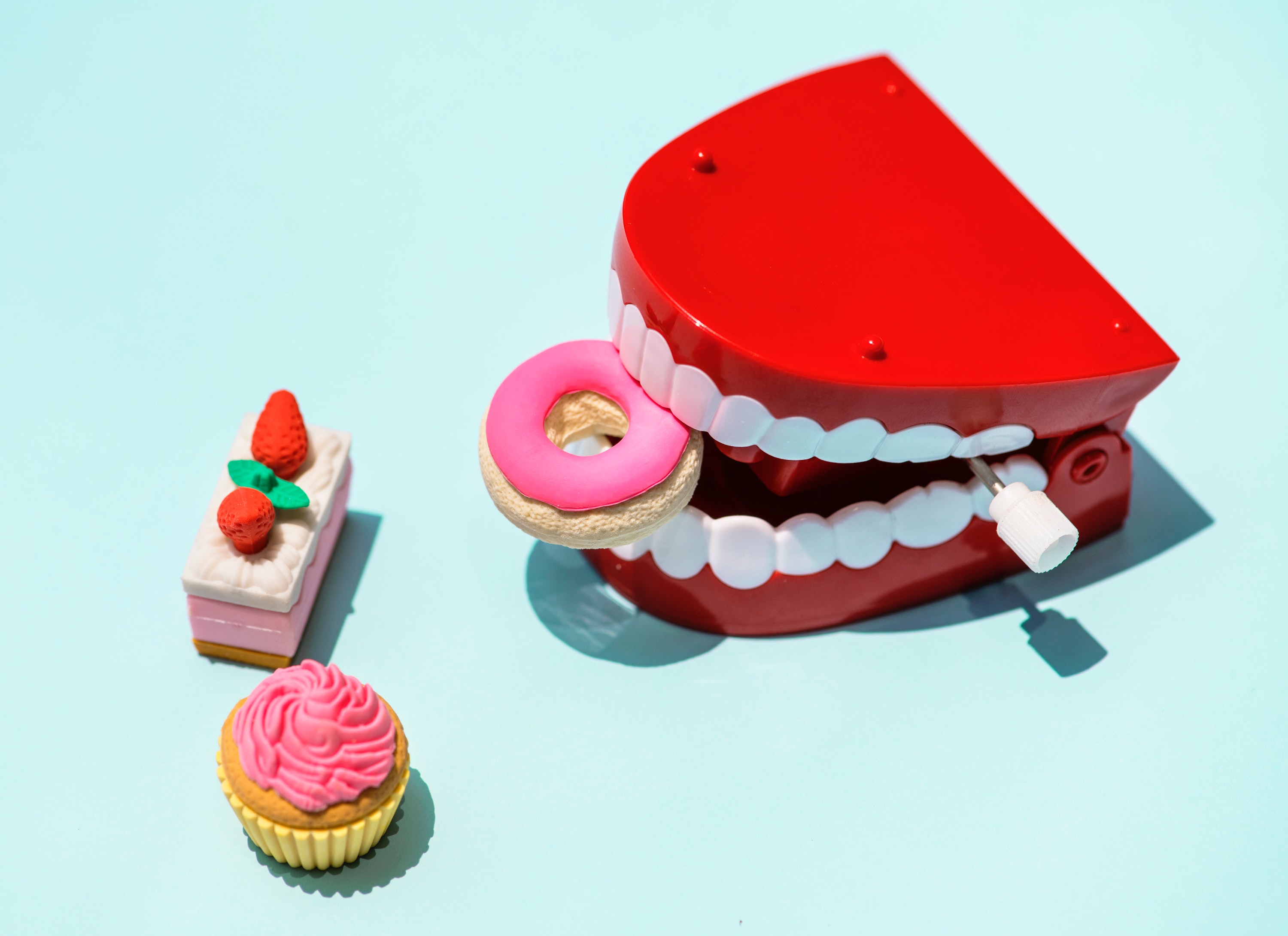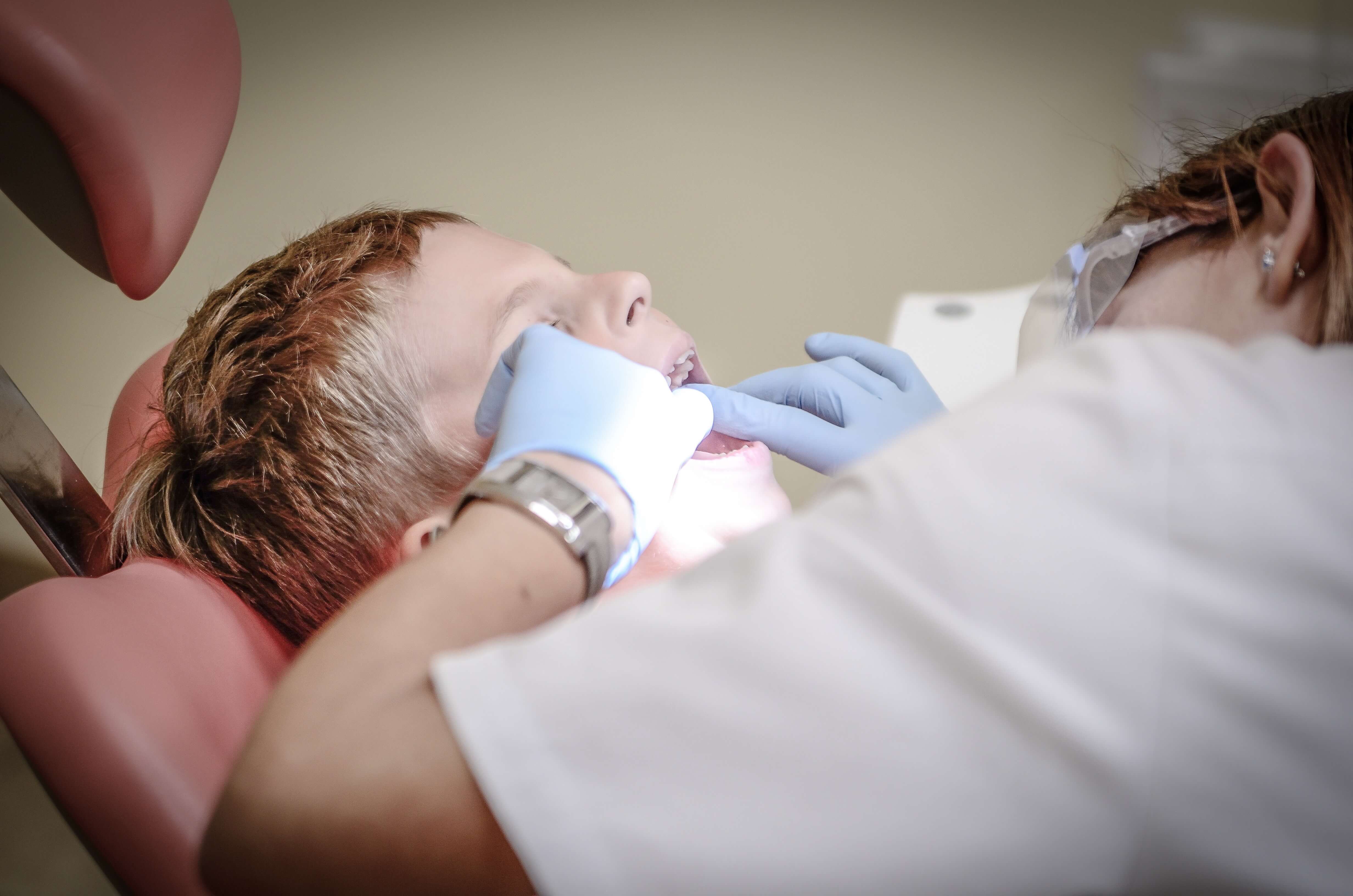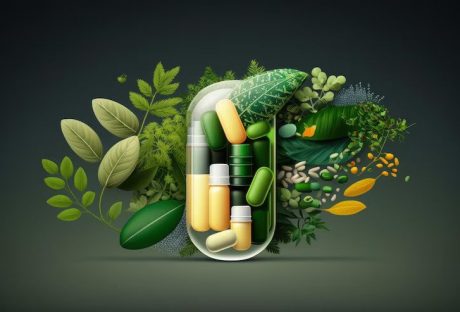When we take a bite, eat or chew our favourite ice cream, hot soup or juice we sometimes feel discomfort, or pain in our gums and teeth, this is called sensitivity. If you ever felt this pain into your teeth, then you’re not alone. Sensitivity is now become very common almost every 6 people out of 10 are suffering from the same. It may start with the sudden temporary pain in the enamel when experience hot and cold temperature by the time it may turn into a chronic problem when it’s treated.
This can be caused due to many reasons but understanding the potential causes of sensitive teeth can help to cure it quickly. Ignoring it or left it untreated can worsen; as a result, it can affect your overall oral health. Here is the list of some causes of tooth sensitivity, where you can find your reason for the same:
- Tooth decay
- Using hard bristle toothbrush for brushing your teeth
- Consumption of Acidic and foods
- Tooth grinding and scrunching while you’re asleep
- Gum diseases
- The habit of overeating cold and hot foods
- Extensive use of whitening toothpaste
- Dental surgery
How to Take Care of Your Teeth Naturally to Avoid Sensitivity:
Getting healthier, firm, white teeth is not an easy task, it takes years to achieve healthy oral health. Some of us never care about oral health, but oral health is as important as our other body organs. It’s important to take the right step and follow the proper procedure to achieve excellent results. Taking care of teeth is hardly took 10-15 minutes daily. You can follow these simple steps every day to get rid of tooth pain and sensitivity naturally:
1. Brush Your Teeth Twice a Day:
Brushing your teeth twice a day is a healthy habit to get healthy teeth. Using soft bristle toothbrush that fits into your mouth will help you to clean your teeth better than a large hard bristle toothbrush. Brushing your teeth after having dinner and before going to bed is very important. It prevents our teeth from the germ and avoids depositing it on the outer layer of our teeth overnight. Wash your toothbrush with water properly and replace it every three or four months.
2. Desensitising Toothpaste:
Using a good quality toothbrush that contains salt, clove and mint can be a good option for brushing your teeth. Using teeth whitening toothpaste or powder contains harmful chemicals like chlorine, and fluoride can affect the outer layer of your teeth which results in causing sensitivity. You can also opt desensitising toothpaste which contains compounds potassium nitrate that blocks pains signals travelling from the nerve to our brain.
3. Opt Green Tea Instead of Coffee or Tea:
Consume green tea instead of taking having tea or coffee. It plays a significant role in treating sensitivity. Green tea has many health benefits it is known for its antioxidant effects and anti-inflammatory properties which also affects our oral health. You can use green tea as a mouthwash twice a day to strengthen your teeth, reduce sensitivity and inflammation.
4. Clove & Clove Oil:
People have been using clove and clove oil to cure tooth problem of thousands of years. It is a perfect ingredient used to add flavours and colour in baking muffins, and curries. It is also known for its medicinal properties. It contains a chemical called eugenol which has an anaesthetic and antiseptic propertiest that helps to prevent our teeth from infections and cure oral problems like sensitivity, gum problems, cavities etc.
5. Mouthwash:
Racks in the markets are full of verities of mouthwashes it shows that mouthwashes are highly in demand these days due to its positive effects. Mouthwash is now as crucial as brushing for good oral health, but many of us skip them because we find that they don’t work. But it really not the actual truth mouthwash reduce the amount of acid in the mouth, maintains the pH level of our mouth, clean the corners or the mouth where the brush can’t reach, re-mineralises the teeth and gums.
It also protects the outer layer of our teeth and prevents our teeth from sensitivity. It is scientifically proven that mouthwash really works for achieving good oral health. Prescription mouthwash is also available in the markets.
6. Visit your Local Dentist Twice or Thrice a Year:
Our teeth are a very significant part of our body, brushing your teeth every day and taking care of overall oral health is a healthy habit. Still, it’s essential to visit your local dentist for at least cleansing or just for a regular checkup will help you to know more about your oral health. A well-experienced dentist removes calculus and look for cavities and also offer you more treatment solutions to achieve good oral health. You can easily find a local dentist on Google or you can consult your neighbors for better assistance.
Read Also:






















